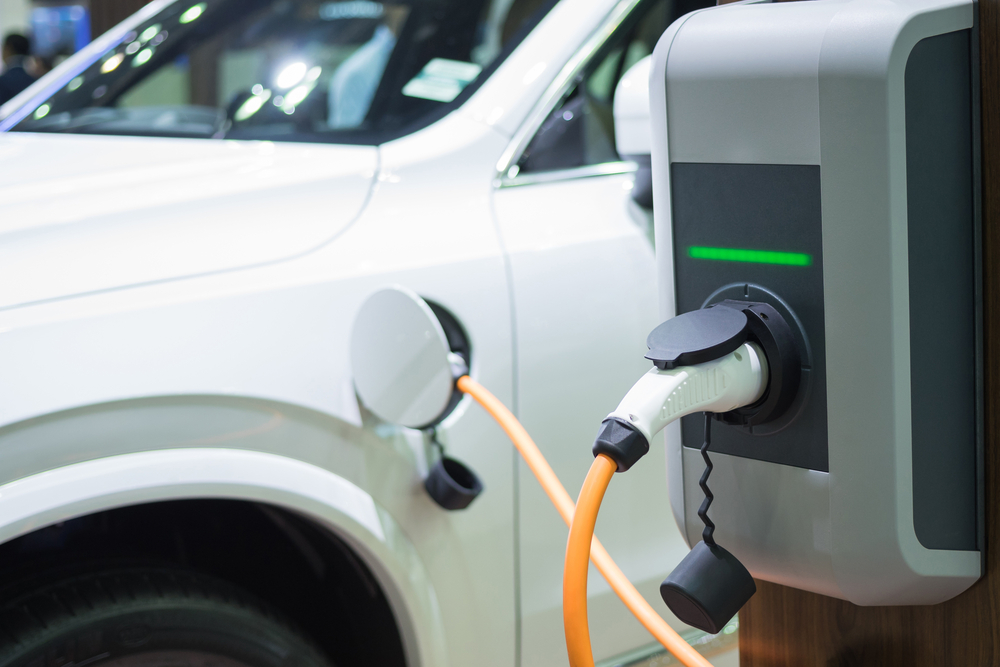Eramet relaunches lithium project in Argentina with China’s Tsingshan

Eramet said on Monday it was relaunching a lithium production project in Argentina through a partnership with Chinese steel group Tsingshan as it seeks to expand in minerals needed for electric vehicles.
Eramet owns a large lithium deposit in Argentina but had suspended its development in April 2020 at the start of the covid-19 pandemic.
The agreement with Tsingshan covers the construction of a lithium processing plant from the first quarter of 2022, with commissioning scheduled for early 2024.
The French group will control the project with a 50.1% interest and retain operational management responsibility while Tsingshan will finance around $375 million of an expected $400 million investment and acquire a 49.9% interest, Eramet said.
“This (agreement) allows us to move fast and share the risks. It’s a win-win,” Christel Bories, Eramet’s chairwoman and chief executive, told reporters during a call.
An Eramet executive told Reuters last month that Europe was not investing enough in the battery supply chain and that the group might have to turn to non-European partners.
Eramet and Tsingshan are already partners in Indonesia in a nickel mining and processing site.
The partners are targeting an annual production of 24,000 tonnes of Lithium Carbonate Equivalent (LCE), a level Bories said should be reached in the second half of 2025.
The project was forecast to generate $165 million in annual earnings before interest, tax, depreciation and amortisation (EBITDA) when the production target has been reached, Bories added.
The partners will take lithium supply corresponding to their share in the project and Eramet is talks about potential supply agreements with European car manufacturers and battery makers, Bories said.
These talks included France’s two historic car makers, Bories added, in a reference to Renault and Stellantis .
Eramet could add further processing units in Argentina to use its large lithium reserves, given its expectation that annual world demand for the metal will be multiplied by six to over 2 million tonnes by 2030 due to adoption of electric vehicles, she said.
(By Gus Trompiz and Dominique Vidalon; Editing by Kirsten Donovan and Sudip Kar-Gupta)
{{ commodity.name }}
{{ post.title }}
{{ post.date }}




Comments